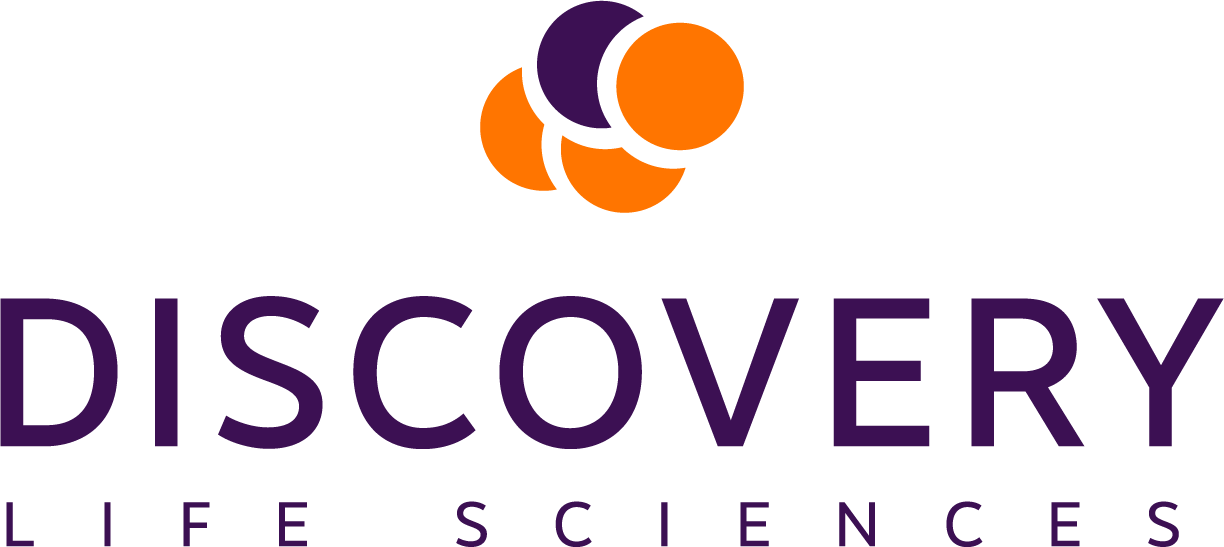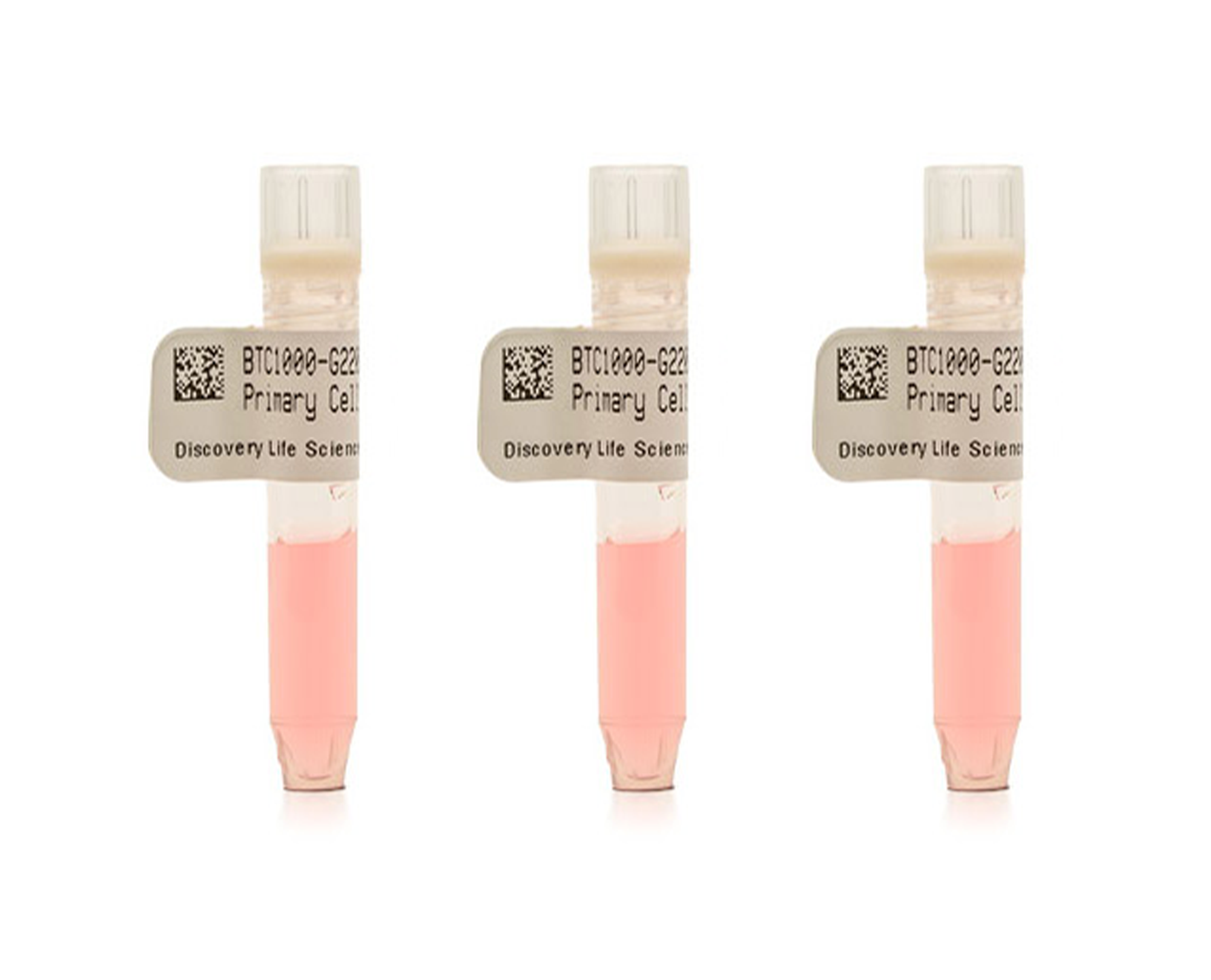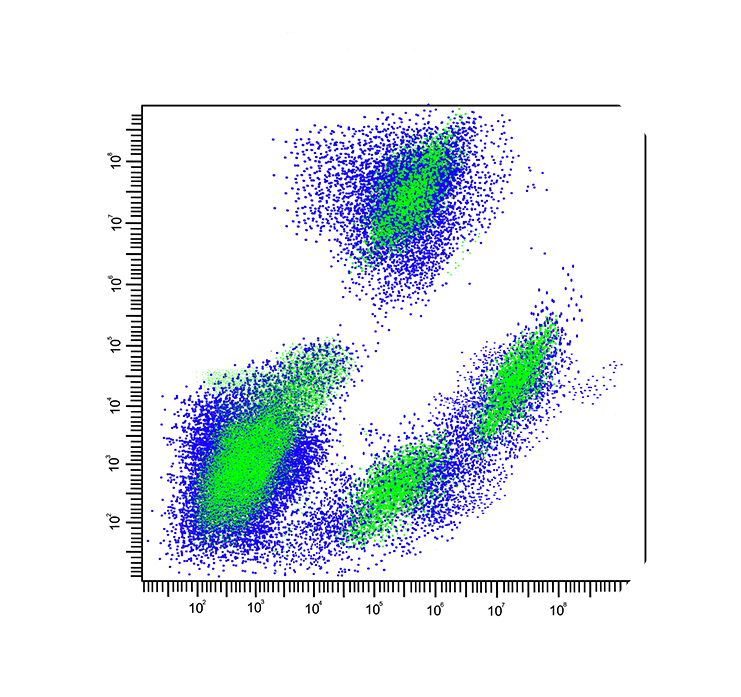White Paper - Companion Diagnostic Development: An Overview
Primary Human Mast Cells are Now Available
Xenium In Situ Services are Now Available
Improving Pathology Precision in Oncology: How AI Reduces Variability in Tumor Percent Assignments
Advancing In Vitro Disease Modeling with Mouse Hepatocytes for Gene Therapy
White Paper - Companion Diagnostic Development: An Overview
Primary Human Mast Cells are Now Available
Xenium In Situ Services are Now Available
Improving Pathology Precision in Oncology: How AI Reduces Variability in Tumor Percent Assignments
Advancing In Vitro Disease Modeling with Mouse Hepatocytes for Gene Therapy






